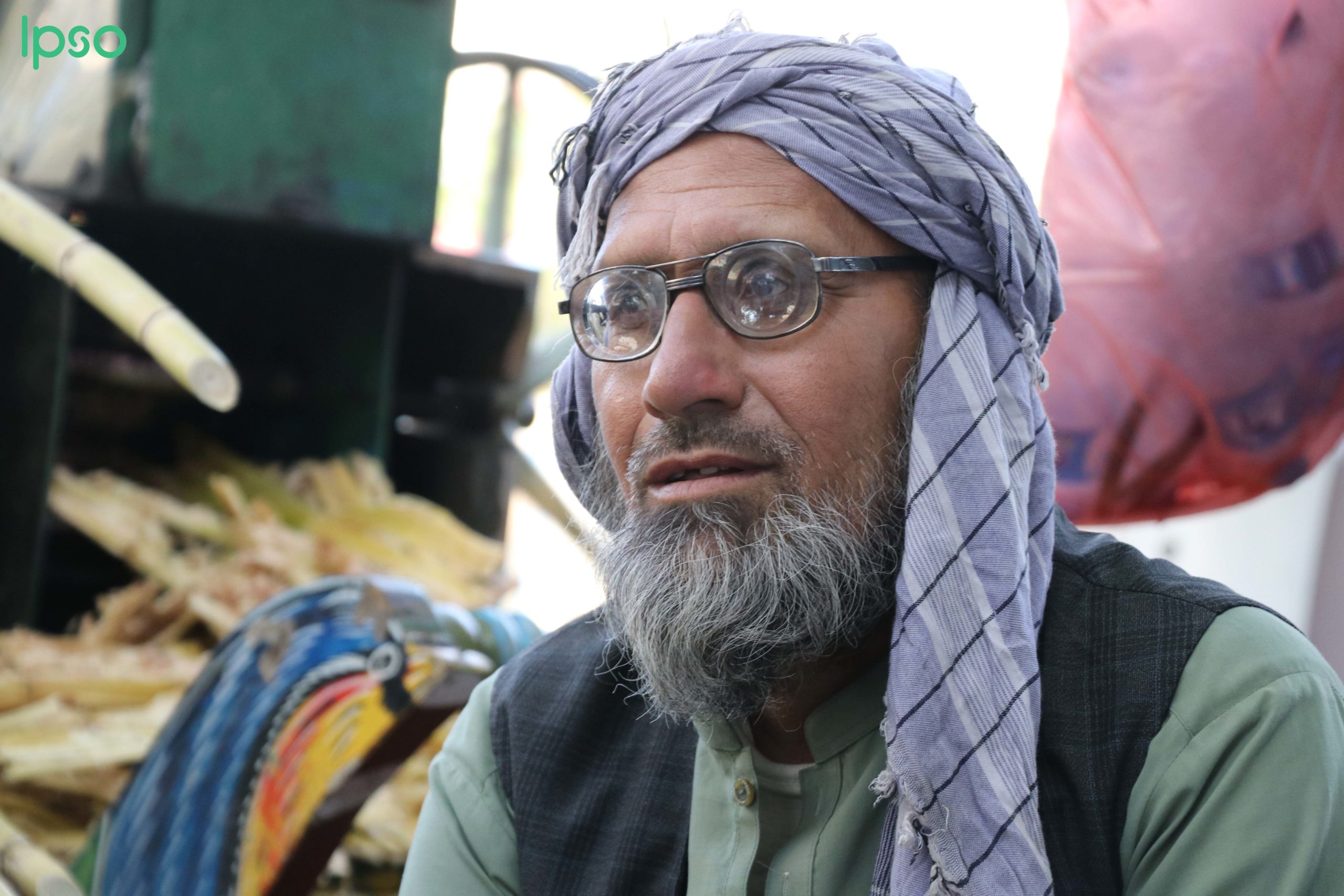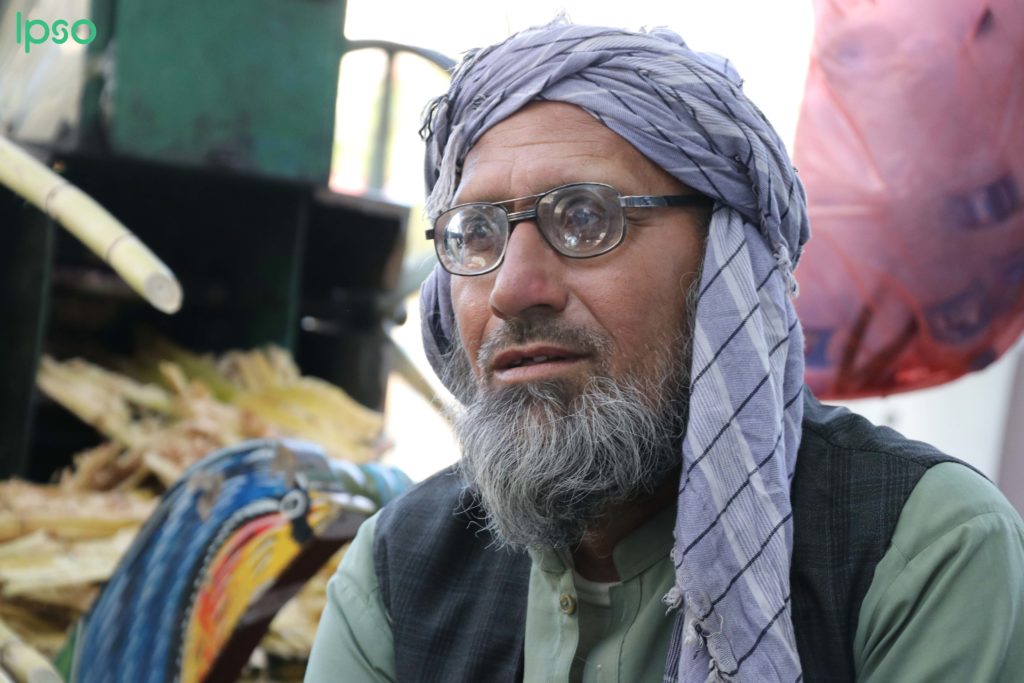The province of Nangarhar in eastern Afghanistan is home to a diverse range of ethnic groups. The population of the provincial capital of Jalalabad is made up of Pashtun, Tajik, Pashayi, Nuristani communities.
The Pashayi, who number around 500,000 in the province, are thought to be descendants of an Indo-Aryan group who primarily inhabited remote valleys in Kunar and Laghman. Most Pashayi communities held animistic beliefs until the late 19th century, when during the rule of Amir Abdur Rahman Khan they were forced to convert to Islam. Until then, they had been referred to by other Afghans as kafirs (or non-believers) but after their conversion, the area came to be known as Nuristan, or land of light (referring to the light of Islam). Today, the majority of Pashayi are Sunni Muslims.
Locally, they are often referred to as Kohistani, Pashai or Sharriee – the latter term implying that they are a backward people who inhabit what is considered a remote and desolate area. Yusuf, a 50-year-old Pashayi who lives in Nangarhar province, explains: “We Pashayi have distinctive looks, behaviour and dress, which leads others to believe that we are ignorant and threatening, so that they avoid us. But every community has its good and bad people, and we are the same.”
Ajmal, who also lives in Nangarhar says: “The Pashayi tend to be the butt of prejudice and cruel jokes that deepen divisions between our communities and risk creating ethnic tensions.”
According to Ajmal, the terms Sharriee, Kohistani and Grisband (a can of oil in Pashto) are often used by Nangarharis with reference to the Pashayi. He explains: “They use these expressions as they think that we Pashayi are simple, primitive and tend to struggle to cope with urban life.”
Such attitudes only heighten the risk of tensions or even violence against minorities such as the Pashayi. Murtaza Pashayi, who lives in Dara-e-Noor district in Nangarhar explains: “Negative comments about my community leads me to interact mainly with fellow-Pashayi rather than with people of other ethnic groups. I’m aware that this division is unhealthy and distances us from other communities in the city, but it is hard to confront the negative attitudes we face. We need to address this prejudice together and encourage understanding of our diverse values and cultures.”
“Prejudice based on ethnicity fosters divisions between communities and this should be addressed by young people working together and encouraging interaction and dialogue so that we learn about the values and customs of our fellow-Afghans and ensure mutual respect.” Says one of the volunteers involved in such social activities in Nangarhar.














